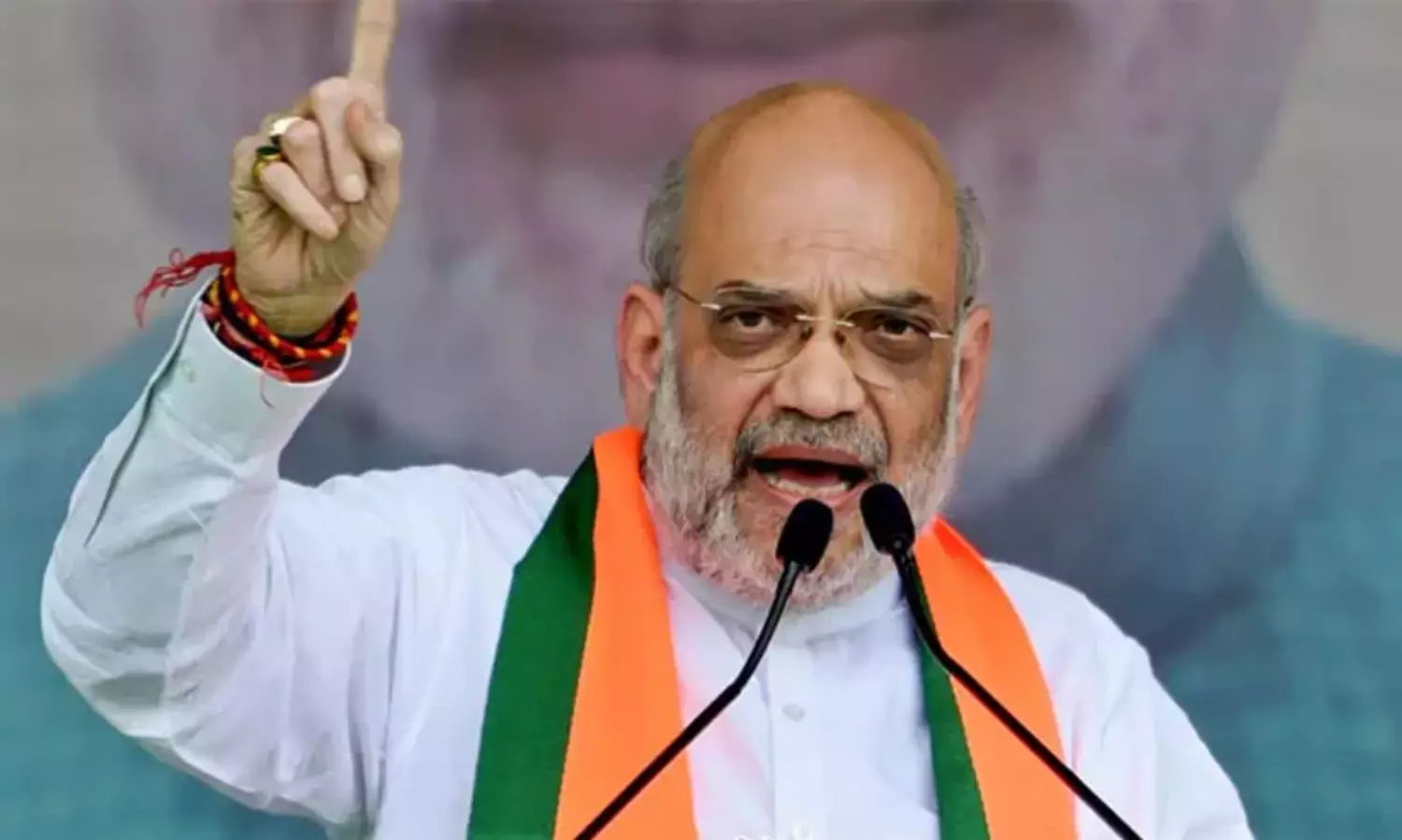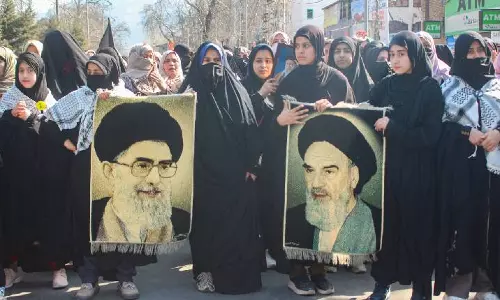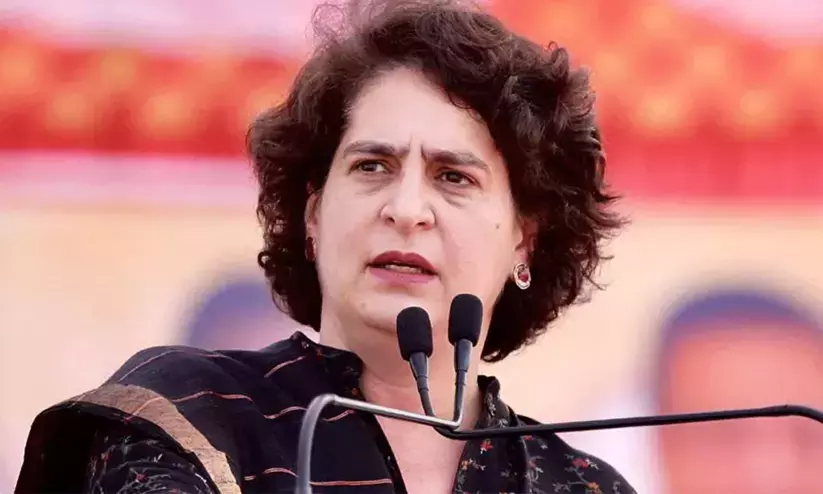
A Muslim girl can marry on attaining puberty even if she is a minor, parents' consent not necessary: Delhi High Court
text_fieldsNew Delhi: The Delhi High Court observed that a Muslim girl who attained her puberty could marry and live with the person of her choice where consent of her parents is not necessary even if the girl is below 18 years under Muslim law.
Establishing the validity of a marriage of a Muslim couple, who approached the court seeking protection from the girl's family who had filed a case against a 25-year-old man for kidnapping and rape under POCSO (Protection of Children from Sexual Offences) Act, Justice Jasmeet Singh said that the girl has the right to marry the man of her choice.
The couple is reported to have married on March 11 after the girl eloped with the man. The parents of the girl, who were against the marriage, claimed the girl was 15 years old in March. But the Aadhaar card of the girl presented before the court said she is over 19 years old.
"It is thus clear that as per Mohammedan Law, the girl who had attained the age of puberty could marry without the consent of her parents and had the right to reside with her husband even when she was less than 18 years of age and thus otherwise (is a) minor girl," the court said in its order dated August 17.
The court also observed that as long as the marriage has the girl's full consent and she is happy in the marriage, the state could not intervene in their private space to make them apart from each other, citing the law of encroachment of personal space by the state.
As per the complaint from the parents, the police in Dwarka district registered a case against the man under Section 376 (rape) of the IPC and section 6 (aggravated penetrative sexual assault) of the POCSO Act.
Acting on the complaint, the police had recovered the girl from the custody of the man and sent her to a shelter as per the direction of the Child Welfare Committee (CWC).
While pronouncing the order extending protection to the couple, Justice Singh also said the earlier rule pronounced by the court in regards to applying the POCSO Act to the Muslim Law could not be matched with the case in question.
The applicability of the POCSO Act is valid only when a minor girl is sexually abused outside marriage and the sexual relationship is established prior to the marriage under the Muslim law, the court said.
"On the other hand, in the present case, it is not a case of exploitation but a case where the petitioners were in love, got married according to the Muslim laws, and thereafter, had physical relationships," said the court.
The court also said that there is no evidence to prove that they had sexual intercourse prior to the marriage.
While making the observation, the bench relied upon a Punjab and Haryana High Court order in which the court had made a reference to the book 'Principles of Mohammedan Law' by Sir Dinshah Fardunji Mulla.






















